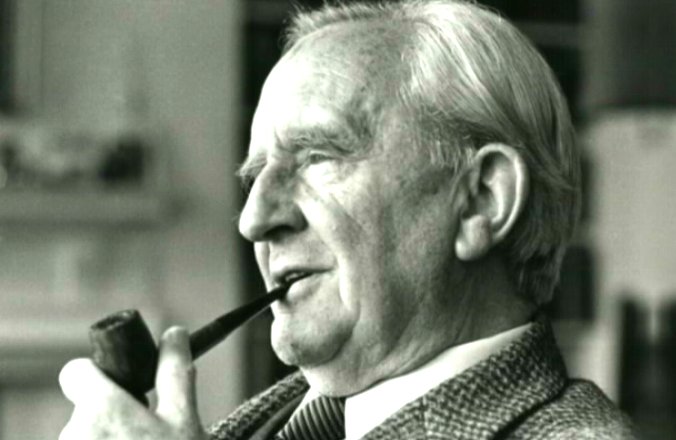Three Images of Discernment
Today I would like to return to the topic of discernment.
I concluded my last entry by mentioning the common thread I noticed within virtually all vocation stories. Whether in the priesthood, religious life or married life, I would invariably hear described in each story a personal moment when the discerner began to notice something drawing him or her towards a certain vocation. Sometimes this “something” was a great event, but more usually it was something small, something which an outsider wouldn’t notice or would regard as insignificant.
For some people it was a moment in prayer. For others it was a throwaway comment from a friend or stranger. For yet others, it was the reading of a familiar piece of Scripture, but in a new, personal way. This deep intuition, one awakened, put their life into focus and they began to feel an attraction towards a particular vocation in the same way a magnet is attracted to metal.






